A $95,000 Kaiser Permanente Fresno Community Health grant to the BLACK Wellness & Prosperity Center (BWPC) will help increase the number of trained and certified Black doulas to improve pregnancy, birthing, and postpartum experiences for Black mothers and their families.
Certified doulas provide emotional, physical, and educational support; model effective communication; educate on topics including breastfeeding, nutrition, and childbirth preparation; and encourage informed and shared decision making between the clinical team and mother.
“We know that doulas make an amazing impact on birth outcomes,” said President and CEO Shantay Davies-Balch, BLACK Wellness & Prosperity Center. “But we also know that the very people who could benefit from them can’t afford them.”
Davies-Balch said the project will provide low-cost, high-impact, and culturally affirming care as it builds capacity. Davies-Balch is also a certified doula.
“If we can figure this out for the most at-risk women, we have figured it out for all women,” she said.
Reducing health inequities
Every year about 700 women in the United States die from complications during and after pregnancy and childbirth. Another 50,000 experience serious health consequences. There are significant racial disparities when it comes to maternal deaths. According to the Centers for Disease Control and Prevention (CDC), Black women are 3 times more likely to die from a pregnancy related cause than white women.
The CDC reports that the reasons for this disparity are complex and include variation in health care quality, underlying chronic conditions, structural racism, and implicit bias.
The Kaiser Permanente grant will support 30 doula candidates who will complete a 13-week training course and externship at a local hospital.
“If we can figure this out for the most at-risk women, we have figured it out for all women.”
– Shantay Davies-Balch
“These efforts aim to reduce health inequities and improve Black maternal and infant health outcomes in Fresno County,” said Kiran Sandhu, community health manager for Kaiser Permanente Fresno.
Part of the training takes place with a lifelike patient simulator named Olivia (“Liv”) in a delivery room setting. Liv is a life-sized medical manikin that moves, talks, and demonstrates vital functions such as breathing. She even has a heartbeat. Liv gives birth to her babies, Akilah and Neema, through vaginal or caesarean delivery.
The doulas also use Liv and her babies to help pregnant mothers visualize different bodily changes before and after delivery, prepare for the hospital stay, care for their baby, and practice safe infant sleep techniques.
In addition to training at the BWPC building in downtown Fresno, the organization has a mobile unit to outreach in rural communities.
Learn more about BWPC’s Black doula training and network.
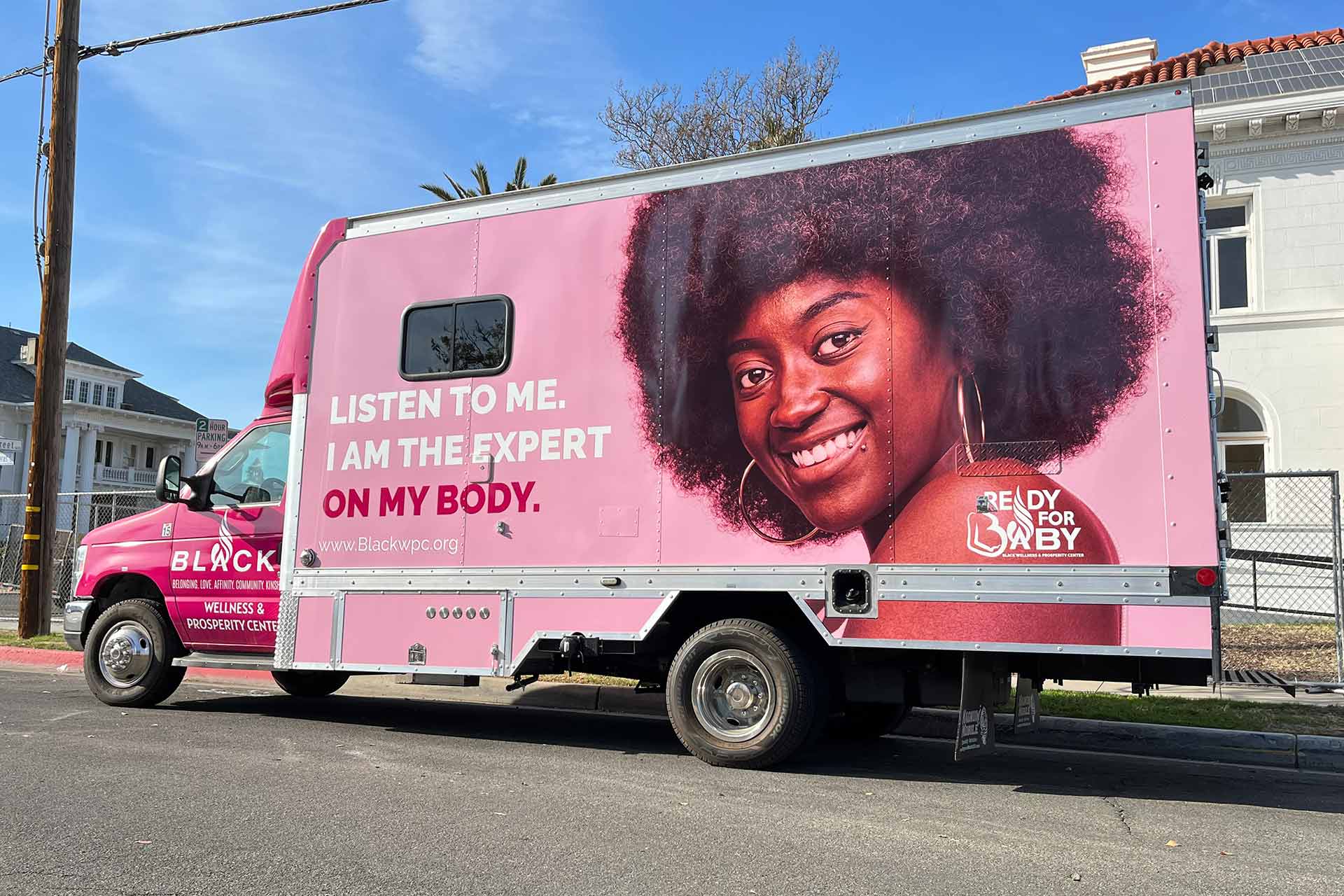
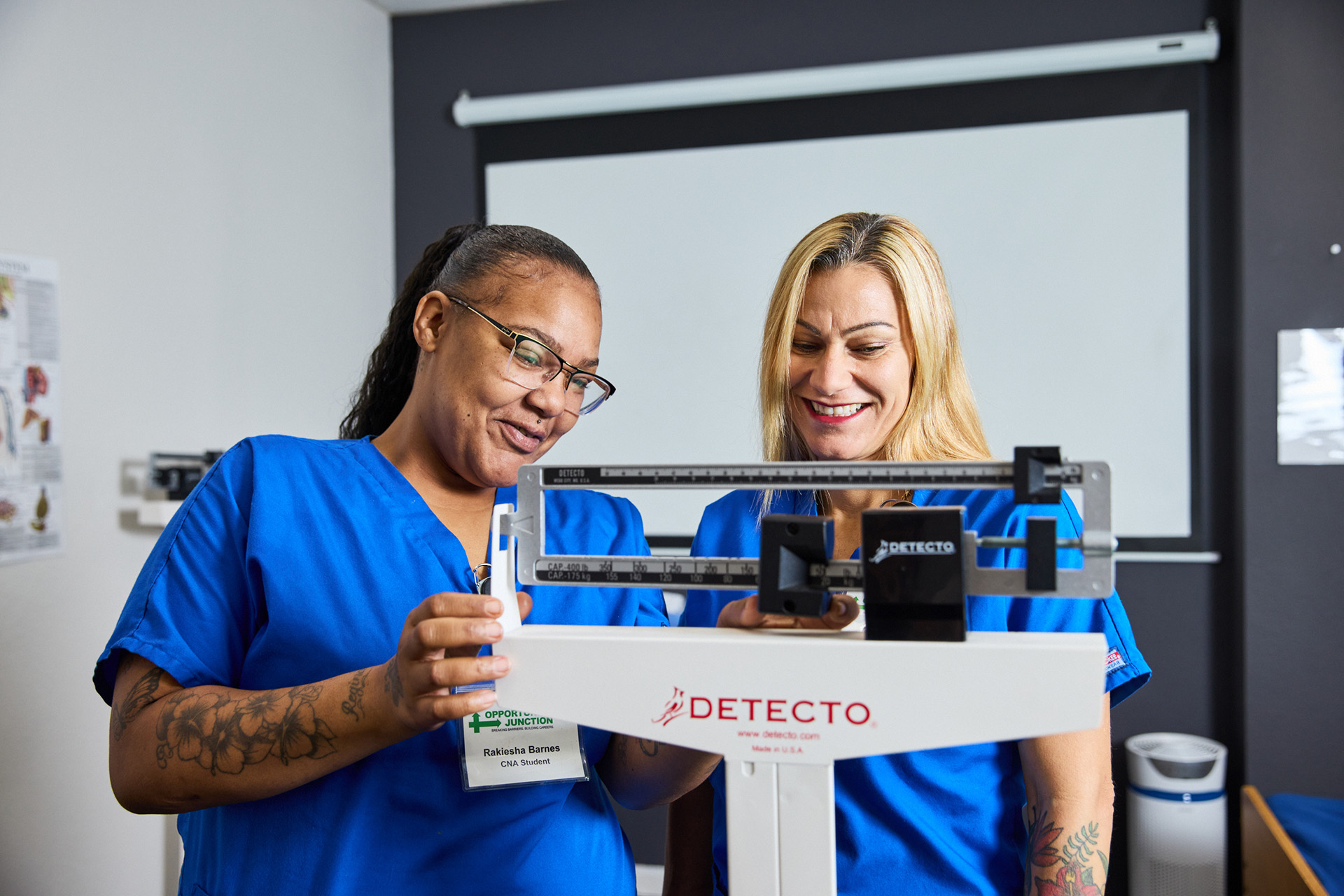
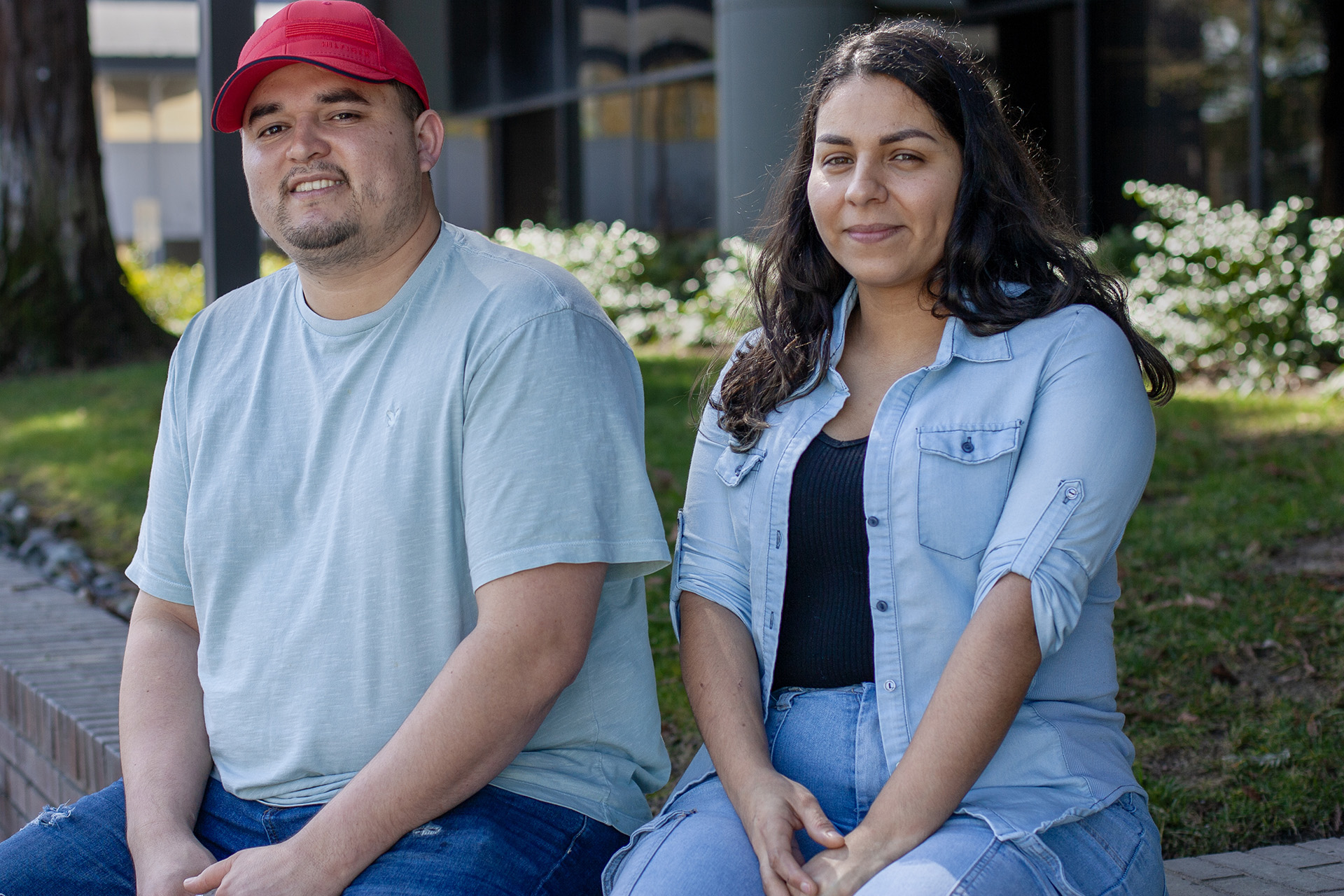
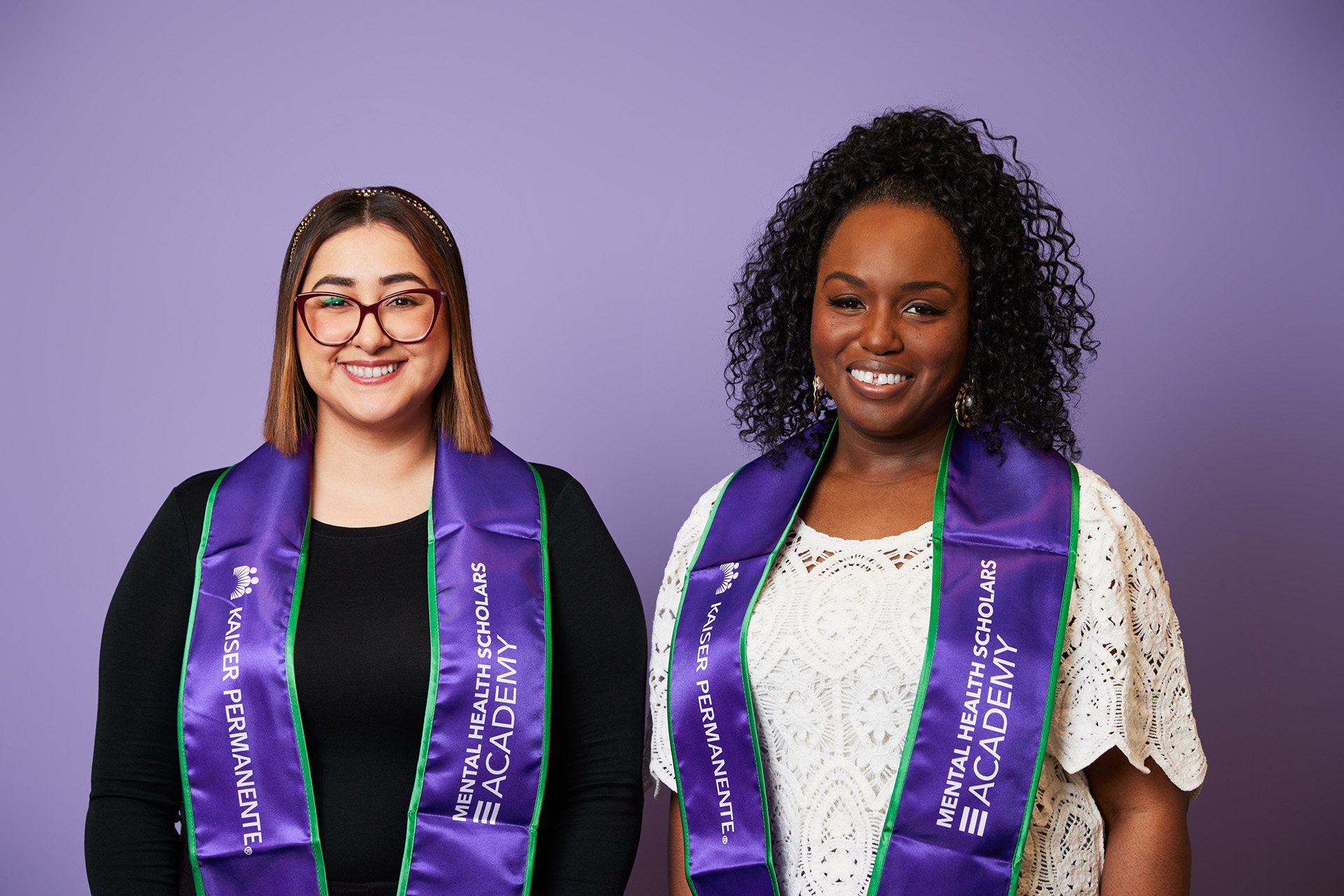
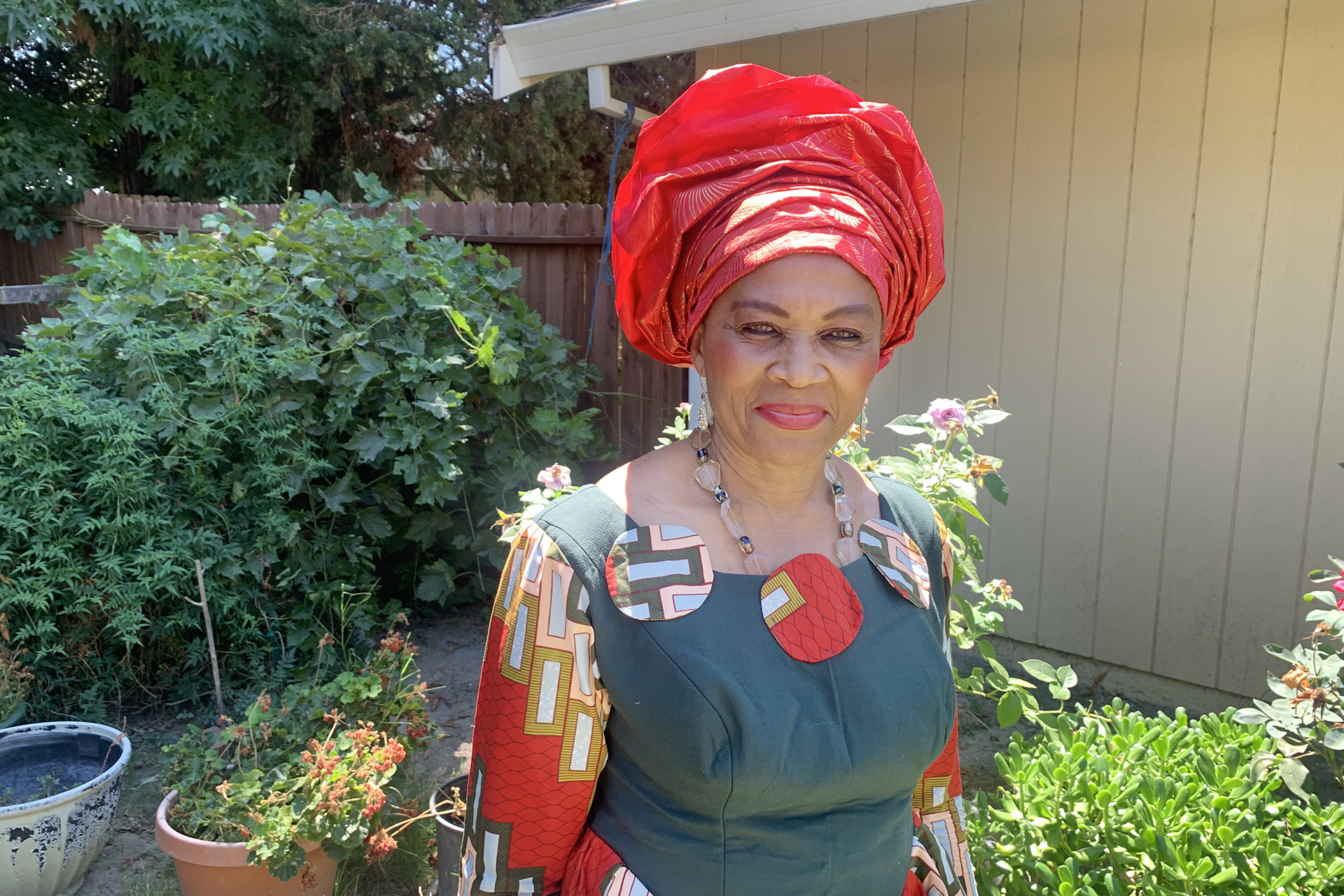
This Post Has 0 Comments